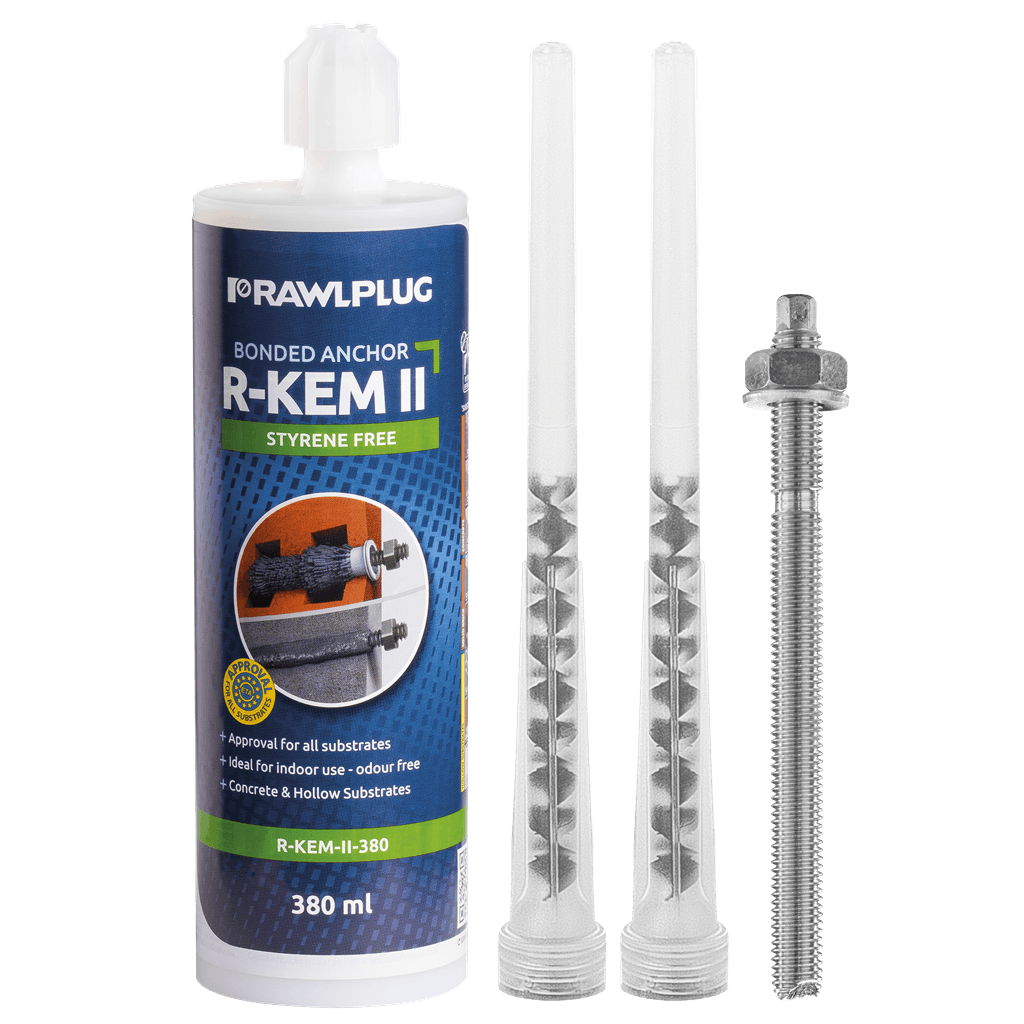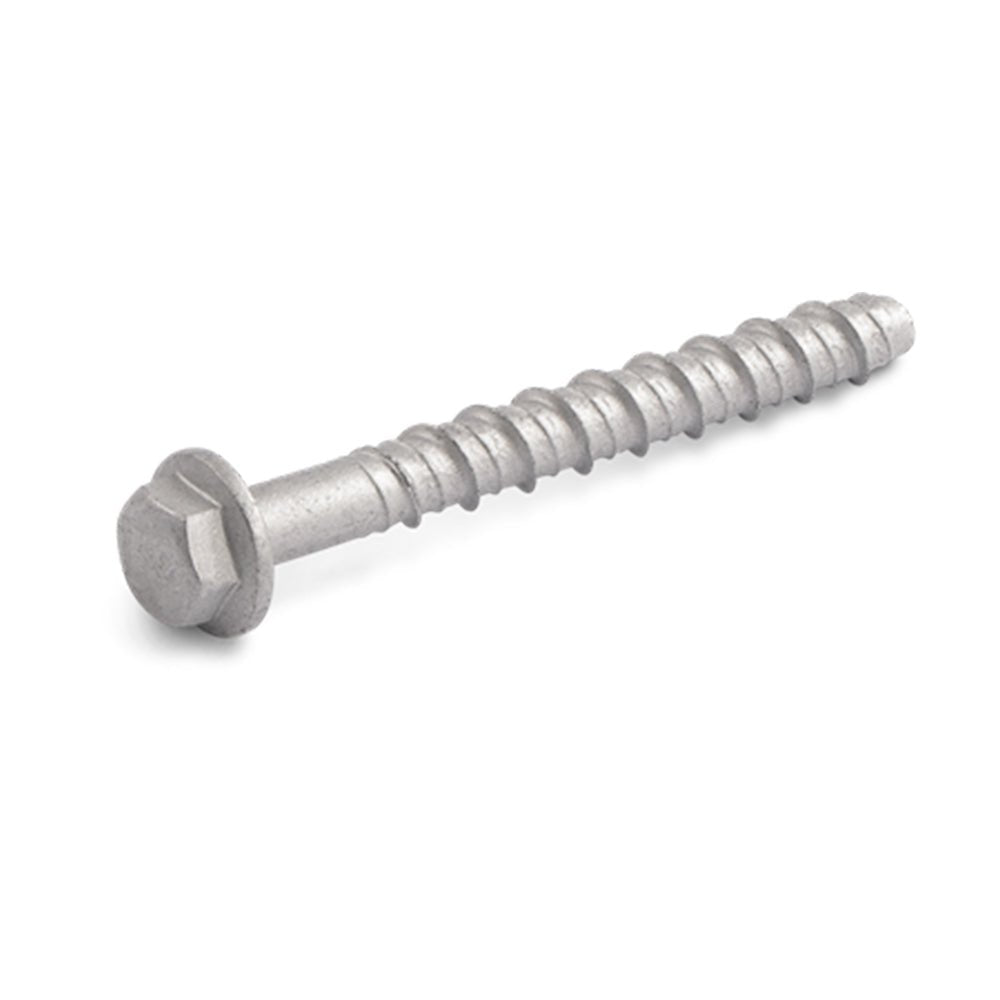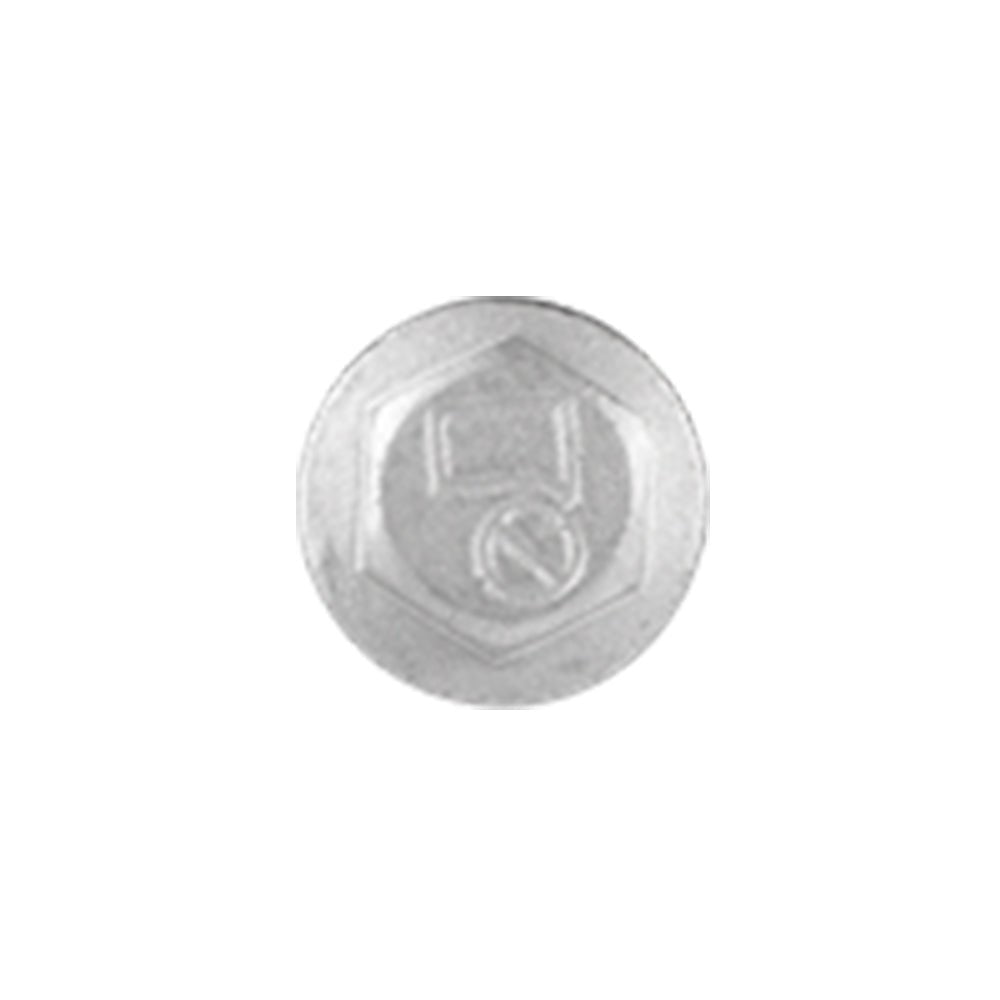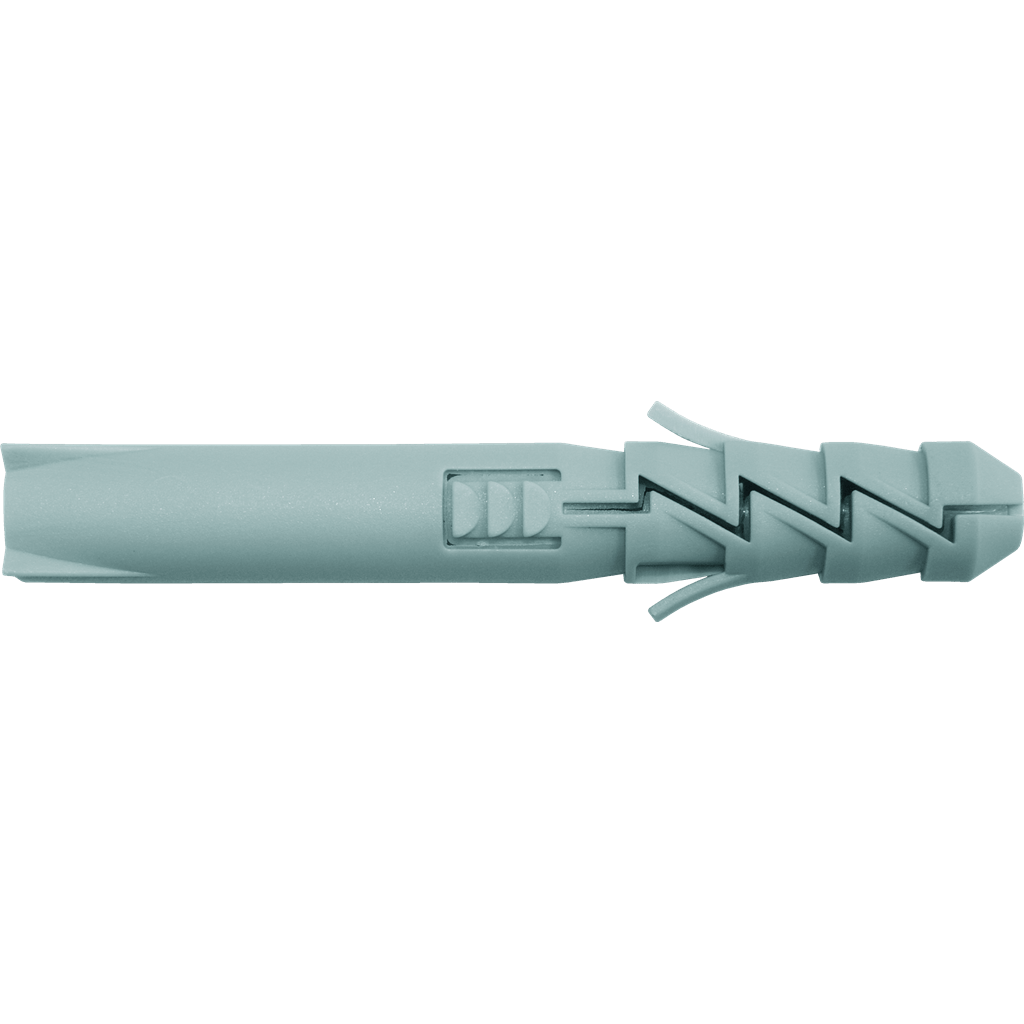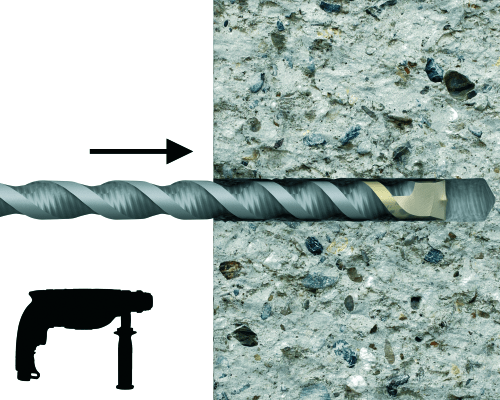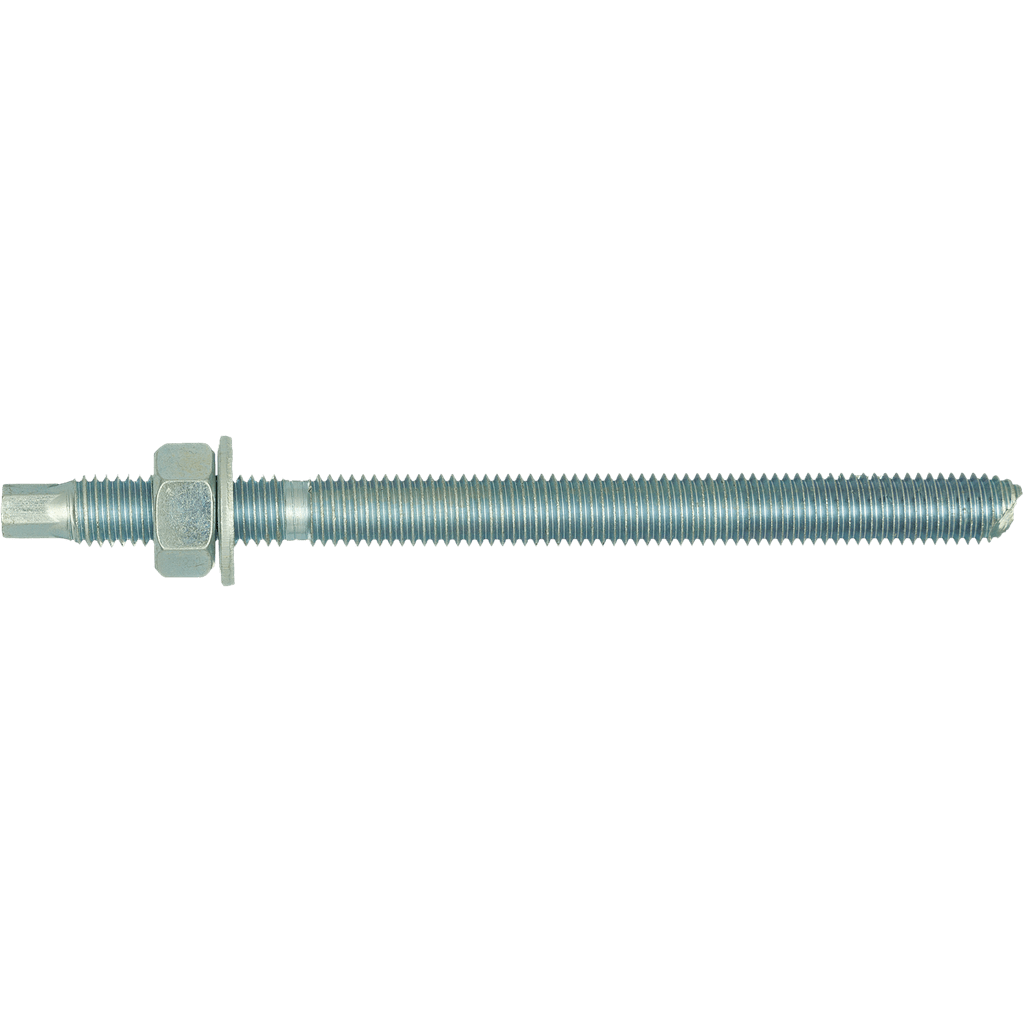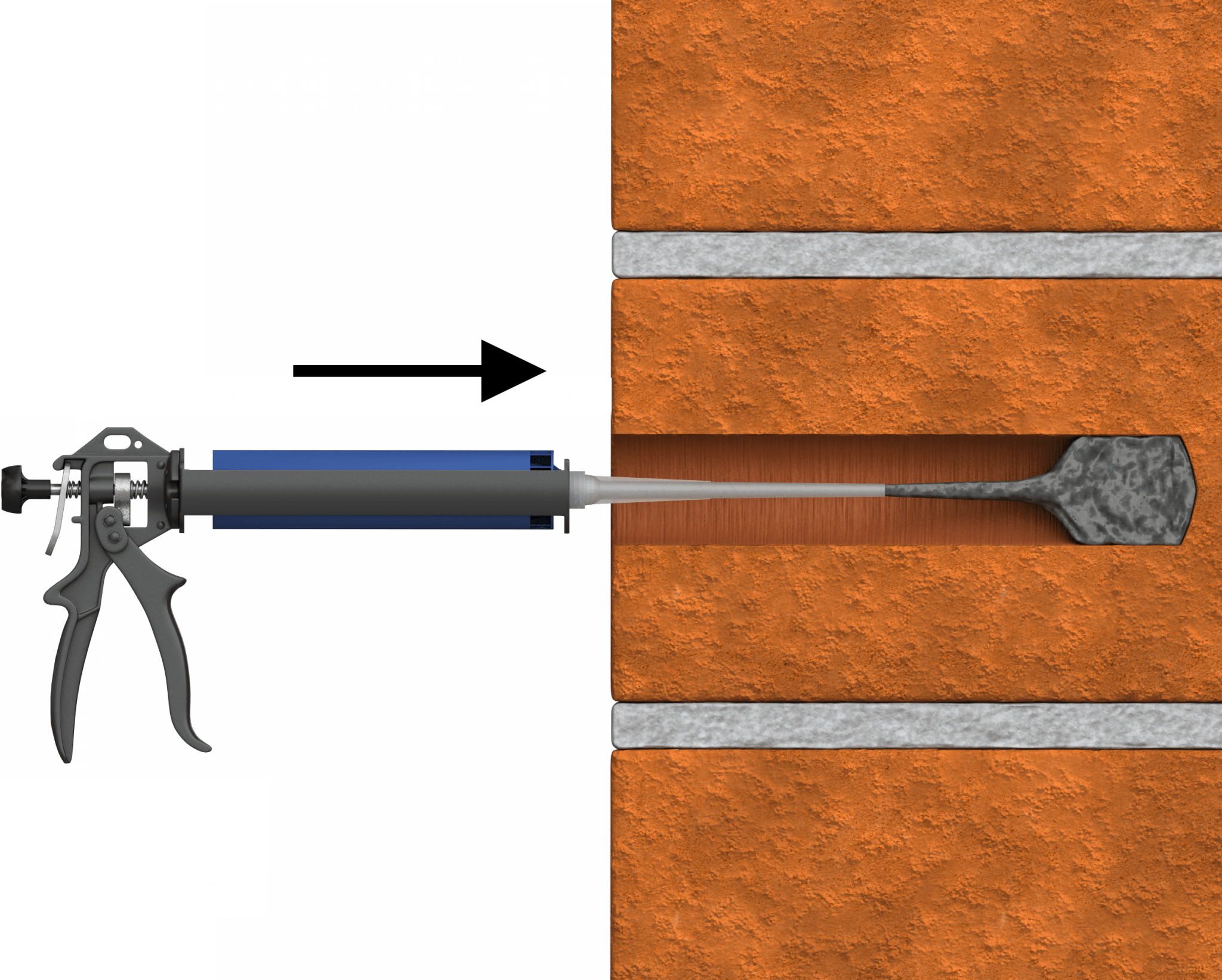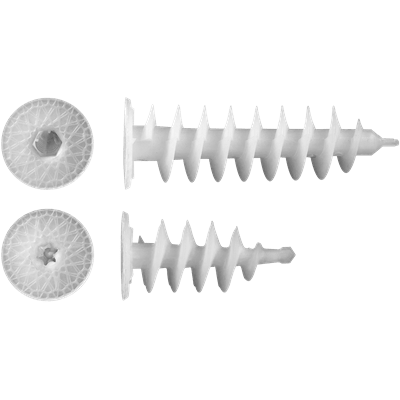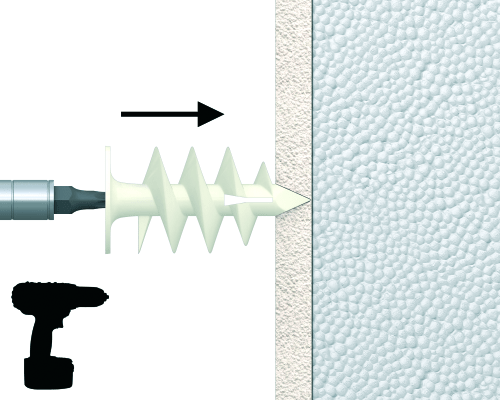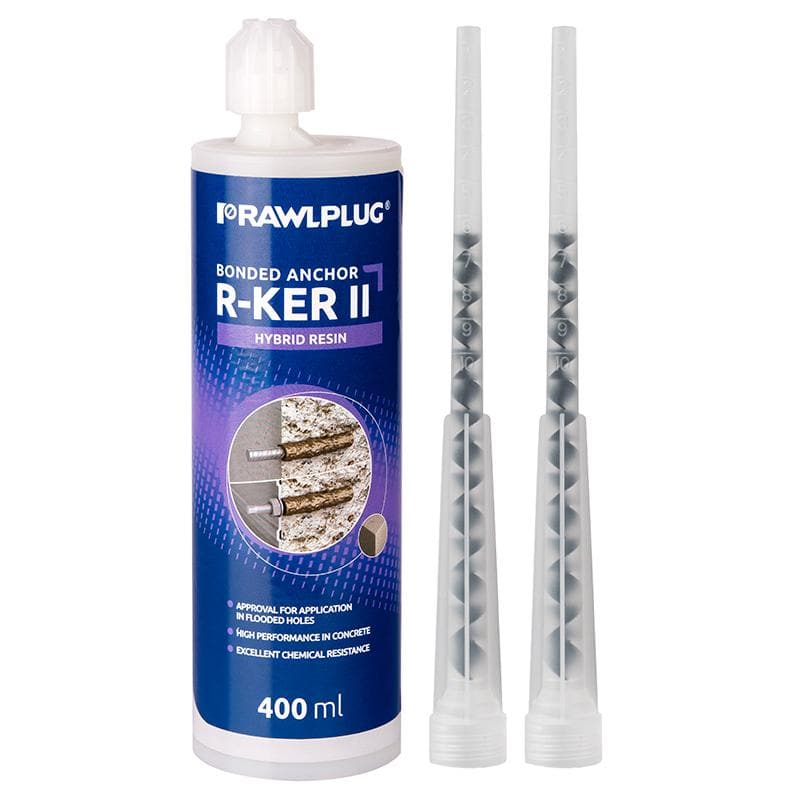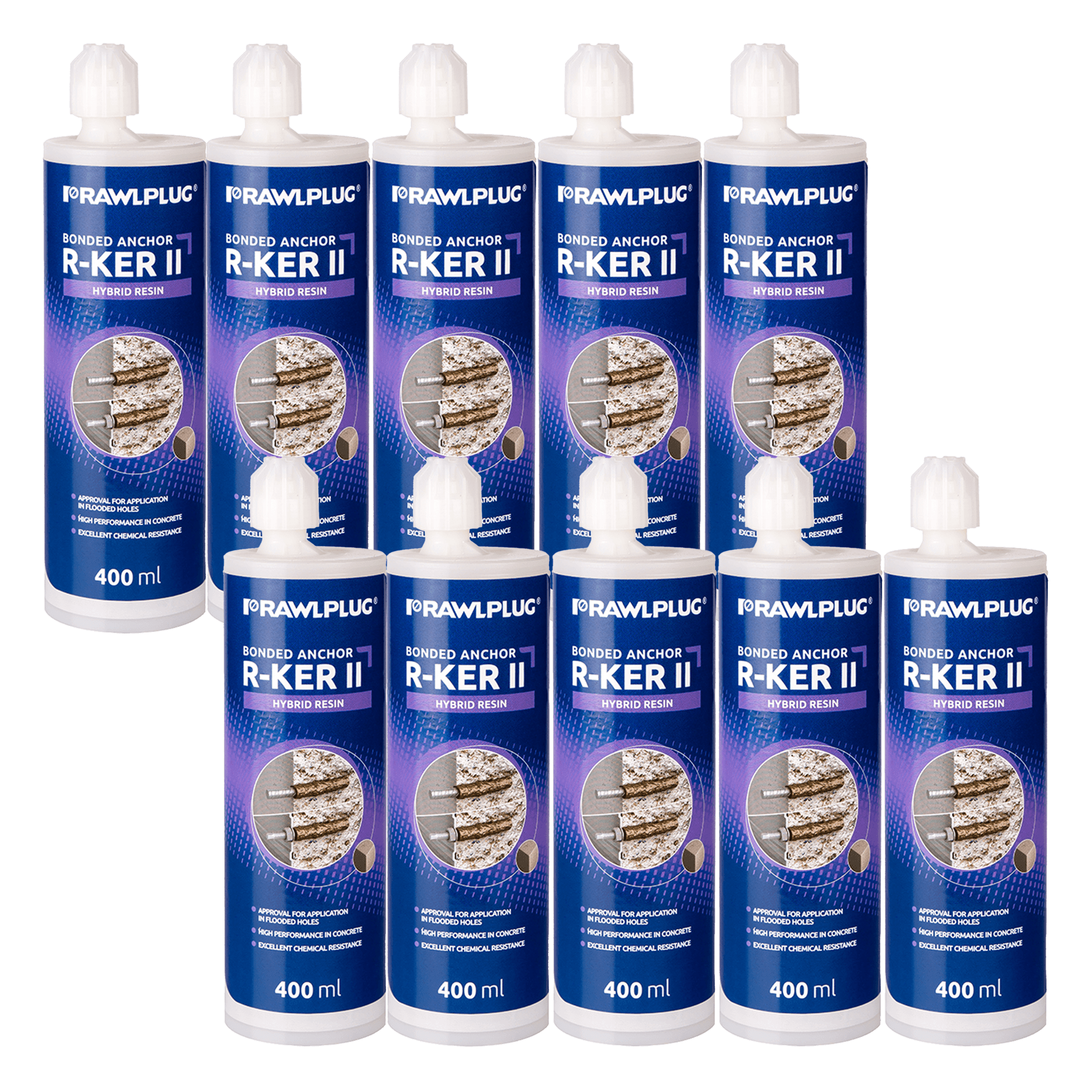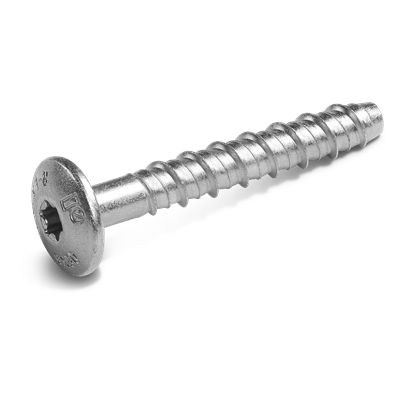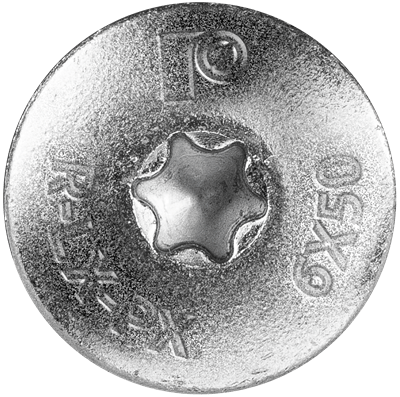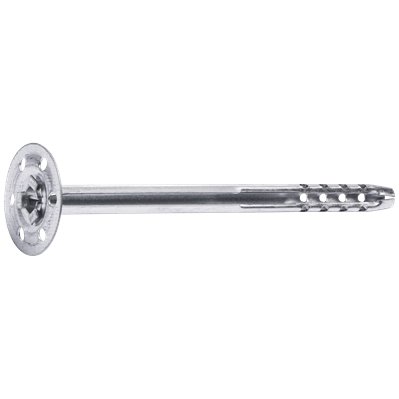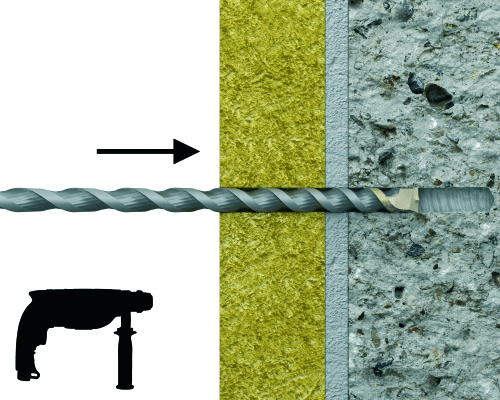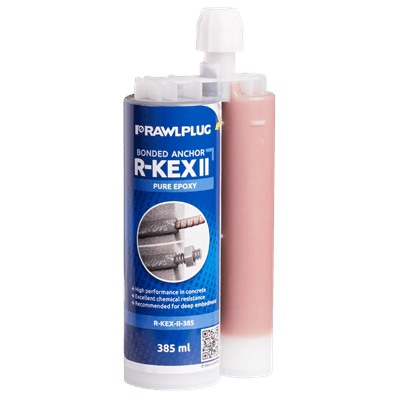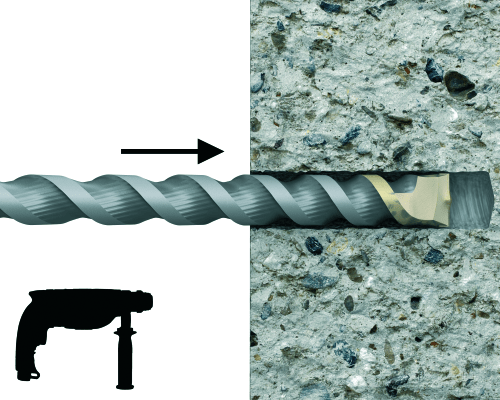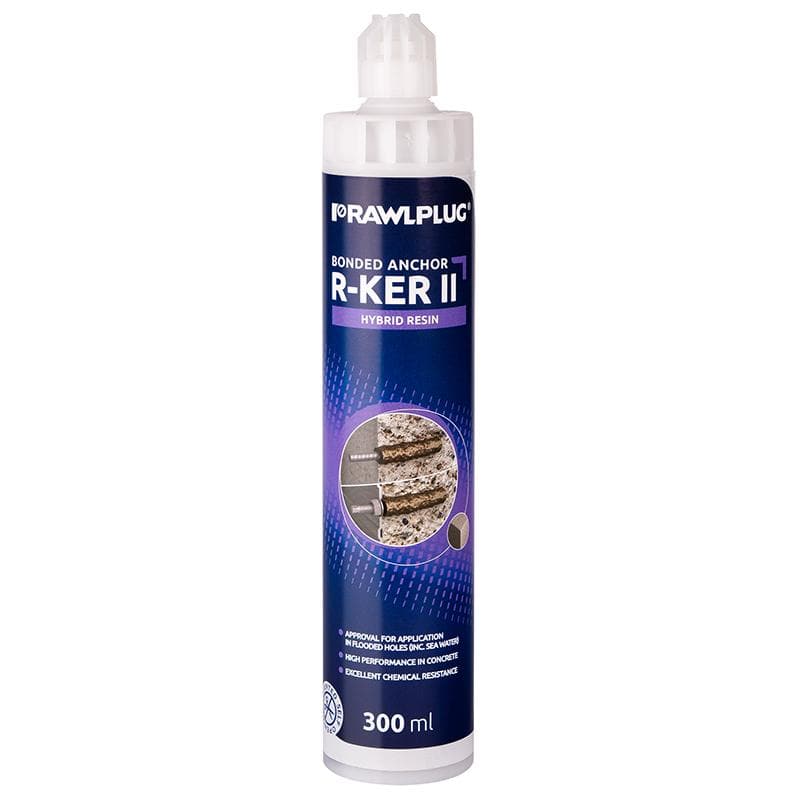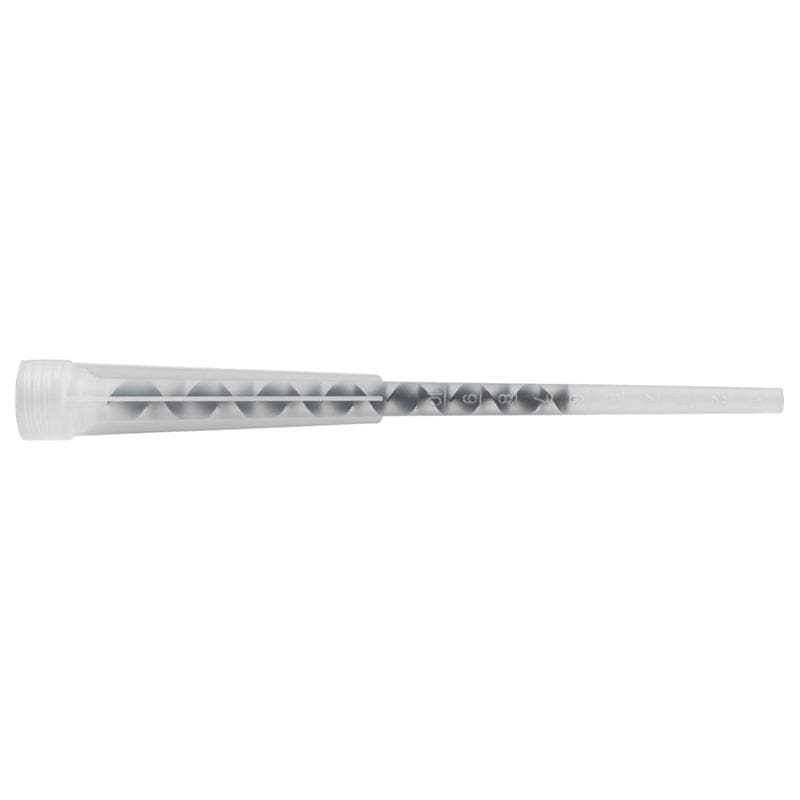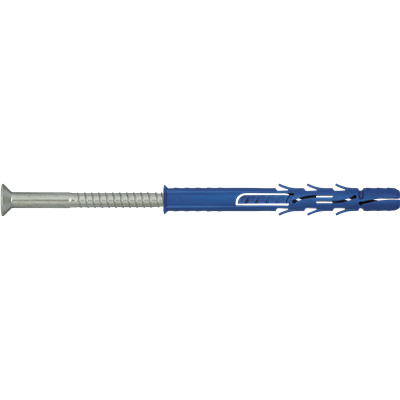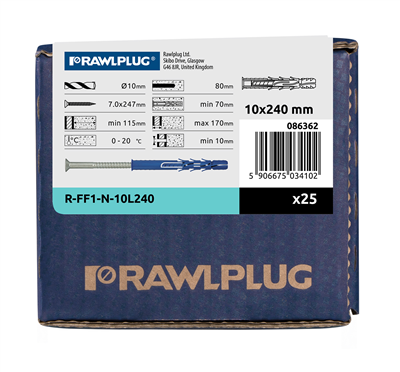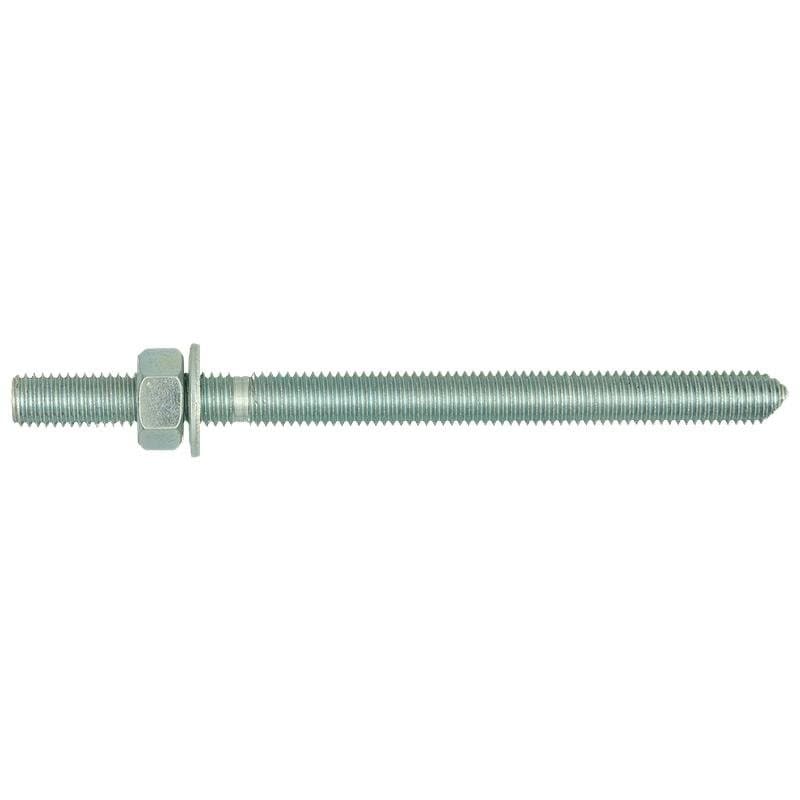PVCU windows have become one of the most popular choices for homeowners looking for an energy-efficient and low-maintenance window solution. However, when it comes to installing PVCU windows, it is essential to use the right fixings to ensure that they are securely and properly installed. This blog post will explore the different types of PVCU window fixings available and provide tips on how to choose the best fixings for your windows.
Types of PVCU Window Fixings
- Screws
Screws are the most common type of window fixings used for PVCU windows. They are typically made of stainless steel or a similar material and are designed to resist corrosion, making them ideal for use in damp or humid environments. Screws come in various sizes and lengths to accommodate different thicknesses of PVCU window frames, and can be easily driven into place using a drill or screwdriver.
- Dowels
Dowels are cylindrical fasteners that are inserted into pre-drilled holes in the window frame. They are often used in conjunction with screws to provide additional support and stability to the window. Dowels are typically made of plastic or a similar material, making them lightweight and easy to handle.
- Adhesives
Adhesives are another type of PVCU window fixing that can be used to secure windows in place. They work by bonding the window frame to the wall, providing a strong and durable hold. Adhesives are especially useful for situations where screws or dowels cannot be used, such as when installing windows in areas where drilling is not allowed.
Tips for Choosing PVCU Window Fixings
- Consider the location of the window
When choosing PVCU window fixings, it is important to consider the location of the window and the environmental conditions that it will be exposed to. For example, if the window is located in an area with high wind speeds, it may require more substantial fixings to prevent it from being dislodged.
- Consider the thickness of the window frame
The thickness of the window frame will determine the size and length of the fixings that you need. It is important to use fixings that are specifically designed for your window frame to ensure that they provide the right level of support.
- Consider the type of wall you will be fixing the window to
The type of wall you will be fixing the window to will also affect the type of fixings that you should choose. For example, if you are installing the window into a brick wall, you may need to use longer fixings than you would for a wooden wall.
In conclusion, there are many types of PVCU window fixings available to suit different installation requirements. When choosing fixings, it is important to consider the location of the window, the thickness of the frame, and the type of wall it will be fixed to. By using the right fixings, you can ensure that your PVCU windows are securely and properly installed, providing you with years of energy-efficient, low-maintenance performance.




